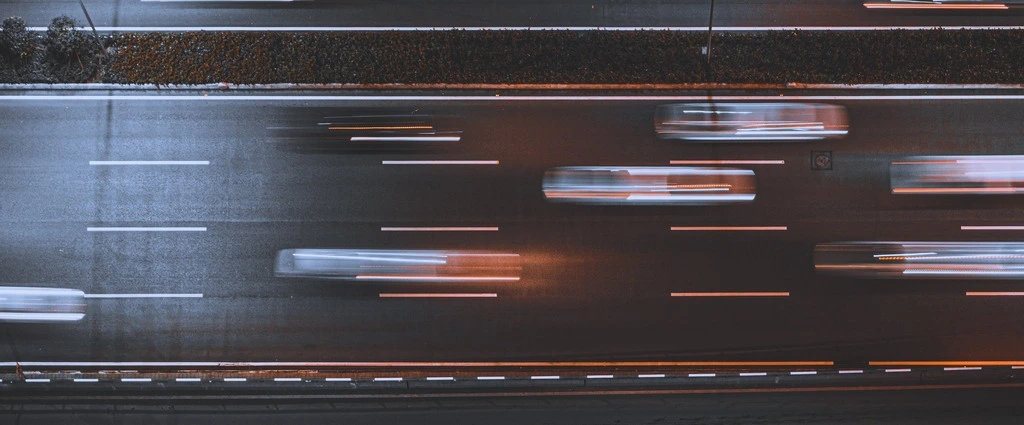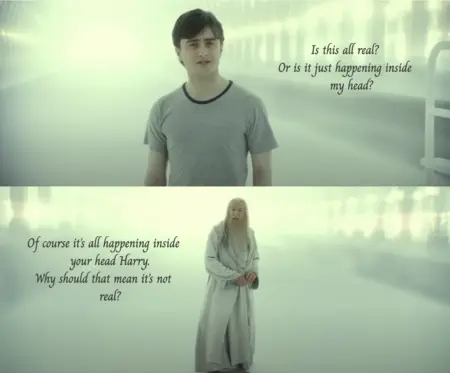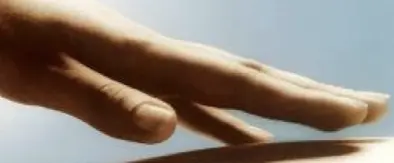Instant Relief: The Curse of the Postmodern World

In today’s fast paced world, we have become all too familiar with the term “instant”. Modern science has brought us leaps ahead to this point in time, where anything we want, we can get it instantly. Our trends swap out so quickly, especially with new tech and fashion aesthetics changing every few months. Any needs we have, get fulfilled almost immediately, as we move onto the next. Urgency is mostly considered a virtue when it comes to “making moves”, but in the context of health, it is pernicious. “Instant relief” has become the bane of the post-modern individual, and we don’t even know it yet.
In this hasty global environment, the approach of Siddha holistic treatment, seems to stick out like a sore thumb. We are often politely asked, “but Siddha takes a long time to show results no?”. We are supposedly challenged with something called “instant relief”. Pop a pill and all your pain is gone. Take a shot and you’re good as new! And of course, continue doing what you were doing. We see health and healing as separate from life: an interruption, an obstacle that’s keeping us from progressing and doing “more important” things with our time. But is that really how that works?
Even most of the medical community has taken to prescribing drugs that provide instant relief to their patients, more increasingly for common and recurring ailments. We have introduced a sort of programmed conditioning to bypass what the body demands, not knowing that healing happens only when the inherent intelligence gets to work it out.
The Internal Mechanism
The inherent healing intelligence of the body is present in every life form, aiding us towards health and homeostasis. The vast genetic memory or the “chittham”, along with the other dimensions of the mind, assist this process in all of us. When any external input approaches, it enters our system through the sensory organs, gets processed by the mind, intellect, and reaches the identity of self, which determines how it relates to us. Based on that, the inner intelligence determines what action is to be taken. A simple melody or a devastating news, the process is the same. So how does a disease enter this system? Does it not fall from the sky? What even is ‘disease’?
Simply put, a disease is just a message. An indication saying something within us needs our immediate attention. A ‘check-engine’ light, in our beautifully complex locomotive- the human body. The more we ignore the warning, the louder the message gets. Taking an instant relief medicine at this juncture is like smashing the ‘check-engine’ button with a hammer and pretending like the problem has vanished. In reality, we do not even know where or what the problem is. And it definitely hasn’t gone anywhere.
Let us say you overworked yourself with the latest project at work, lost days of sleep and forwent multiple meals.You finished it in time but now you have come down with a terrible fever. Not to worry, you took the magic pills and the shots that make it vanish in just 2 days- instant relief! You’re all set to repeat the same pattern with the next project. Congratulations, you have successfully subscribed for the next, improved version of the fever.
The cycle of disease only continues with increased strength until we catch the underlying message and make the necessary changes. This learnt message is what contributes to the immunity and prevents repetition. When we fail to catch the message, a stronger one is sent the next time, and this continues until we provide the body what it requires for the repair.
The Mental Component
The ancient Indian healers have long understood the innate connection between the mind and immunity. “Modern day diseases” such as Diabetes, Cancer, etc., have become the accepted fate of the postmodern human. Although we may have evolved in thought over the centuries, the body is grounded and nourished only when its needs are adequately met. Our current fast paced lives leave us no room for quality healing time with rest and reflection.
Scientifically speaking, the human mind has a unique working mechanism, which enables us to relate with and function in this world. Every piece of information we come across, causes some emotional association as we try to relate with it and form a personal connection. The mind naturally needs to do this with all external stimuli, to know what action it needs to take. Once this internalisation is done, it gets stored away in our mind’s annals for future reference.
Now the fast paced postmodern lifestyle is that of constant changes. We are subjected to boatloads of information, constantly thrown at us from every direction. This requires extreme agility on the mind’s part, to process and store all of this input. With this vast amount of incoming data at such rapid speeds, the Ahankara – the aspect of the mind that helps personalise an experience, gets overwhelmed and loses its ability to digest it all…and it simply hangs. In desperate attempts to hold onto something solid, it forms false prejudices and identities: “I belong to this group”, or “I subscribe to this ideology”. With an impaired Ahankara, the system loses its inherent immunity; that which recognises what belongs inside and what needs to be kicked out. In other words, the system undergoes an identity crisis.
The Ideal Approach
Without realising the actual root cause of these monstrous diseases, we blame the gods for cursing us with terrible suffering. We desperately try to put out the small fires that are visible with the painkillers and the steroid medications, when the actual cure demands something else entirely. Not to categorise things as “good” and “bad”, but when we take these instant relief drugs, we need to do it with the awareness that its only a temporary relief to get us through the pain. The truth is, without a holistic healing approach, we are just bringing in more suffering and pain.

Does this mean all hope is lost? Does healing have to be painstakingly long and torturous? No, not really: it needs to be holistic, where the patient is actively involved with the process of healing. Hey, if you catch the message properly, where is the need for pain?
As my teacher says, holistic healing involves 4 main aspects. A physician must always prescribe medicine along with advice about diet, lifestyle changes, and perceptions of the mind. Doing so, weakens the patterns that cause disease, which makes it easier to break before reconditioning and reorienting the system towards health. By identifying the problematic perceptions in the mind and advising the required change in attitude, the root of the long standing disease is largely addressed. By making appropriate changes in the diet patterns and the damaging aspects of the patient’s lifestyle, the mind becomes aware and open to the imminent change. The medicine, or marunthu, provides the direction in which the system needs to reorient itself for achieving health. All of these crucial aspects are overlooked when we turn to instant relief treatment.
This way, it is clear that treatment is not “slow”, but you and I are. Nature’s way is organic and thorough. It is important to give ourselves all the time we need to achieve health, without ignoring the signs and hindering the body’s inherent intelligence. When we subject ourselves to instant relief medications, especially over time, it overrides this inherent intelligence. The system becomes passive, relying externally for the most basic functions. It loses its ability to respond and correct and nurture itself. Now you need to take supplements for basic human functions like sleeping, eating, and defecating properly.
Conclusion
The current plight of the world calls for a moment of pause and reflection. What good are we doing to ourselves by turning a blind eye to our body’s alarms? We delude ourselves into thinking that the hustle and the grind is going to bring us success and happiness. Somehow we have come to this place where we do everything against our inherent nature to achieve this ill defined win. True happiness comes only when we are at ease within ourselves; when we are in harmony with our nature.
Of course, it would be great if a pill could solve all our problems. I could stay up the whole night and take an instant relief pill to avoid the headache in the morning. We can continue pretending like we don’t need to deal with the consequences of our actions…that is until the end eventually arrives. Becoming responsible human beings who take accountability and make the necessary changes is what forms a solid foundation for ourselves, and for everyone around us too. This approach is hugely lacking when it comes to our own bodies. Let’s do better.
Dr. Srila Sridhar
Tiruvannamalai
28.01.2024



